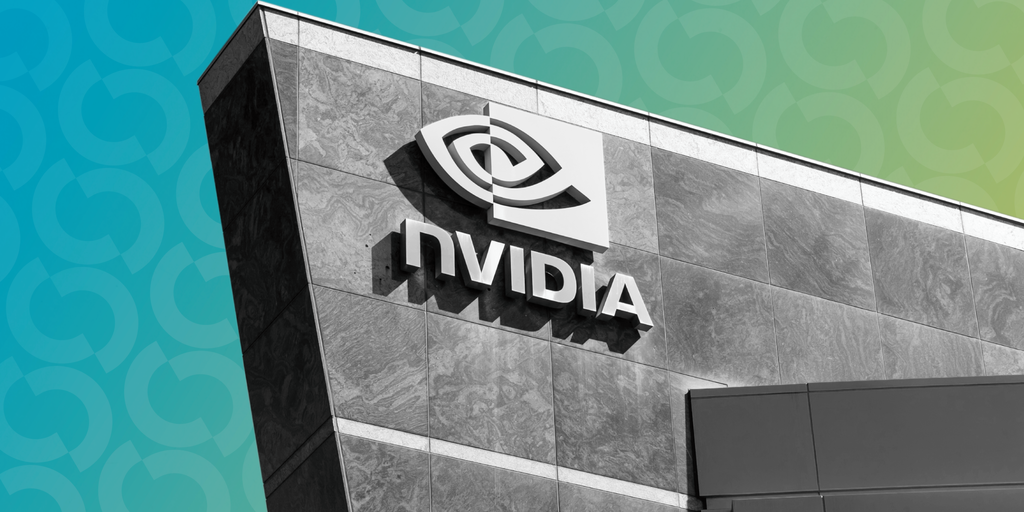
Nvidia’s Latest Earnings Report: A Double-Edged Sword
Nvidia, one of the primary players driving the artificial intelligence (AI) revolution, recently announced its impressive fiscal third-quarter earnings, surpassing most analysts’ predictions. Bolstered by overwhelming demand from tech giants like Google and Microsoft for advanced Graphics Processing Units (GPUs), Nvidia reported a staggering $57 billion in revenue, with an estimated $65 billion expected for the fourth quarter.
Despite these astronomical figures, the market’s response was surprisingly tepid. Although Nvidia’s stock saw an initial after-hours surge, it ultimately reversed course, closing 3.15% lower the next day. This development highlights a growing concern among investors: Are AI valuations—specifically Nvidia’s—undeservedly inflated?
Why Investors Are Wary of the AI Sector’s Growth
Wall Street’s cautious attitude towards the AI market stems from lingering questions regarding its long-term profitability. While Nvidia has built a solid foundation in hardware critical to AI, other top players—especially in software—struggle to demonstrate sustainable cash flows.
For example, C3.ai, a prominent AI software vendor, is finding it challenging to maintain investor confidence amid stiff competition from larger tech companies. Its stock price saw a month-long decline of more than 26%, which underscores hesitations about newer AI firms without established revenue models. Strategic shifts in capital allocation have also accelerated, with fund managers pulling out of high-growth technology sectors and shifting investments toward defensive plays like healthcare.
The Future of AI Valuations
While Nvidia’s performance shows that AI continues to attract significant demand, the sector is grappling with investor skepticism regarding sustainability. Other AI chipmakers such as AMD experienced similar stock declines, with the PHLX Semiconductor Index falling 5% in one trading session. It’s clear that Wall Street isn’t convinced the sector’s explosive growth will continue without disruptions.
On top of these concerns, there’s growing pressure on AI companies to showcase profitability rather than simply “scale up.” Investors are now favoring sectors with proven returns, warranting companies across the AI supply chain to better articulate their business models and unique value proposition.
Recommended Product for AI Enthusiasts
Interested in exploring AI on a personal level? Consider investing in an Oculus Meta Quest 3 VR headset. AI-driven technology enriches this experience, enabling you to interact with virtual and augmented realities seamlessly. It’s the perfect device for tech lovers keen to understand the intersection of AI and hardware innovation.






